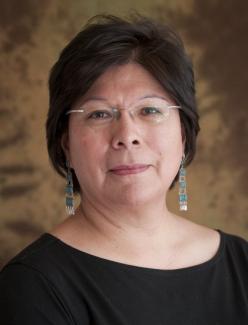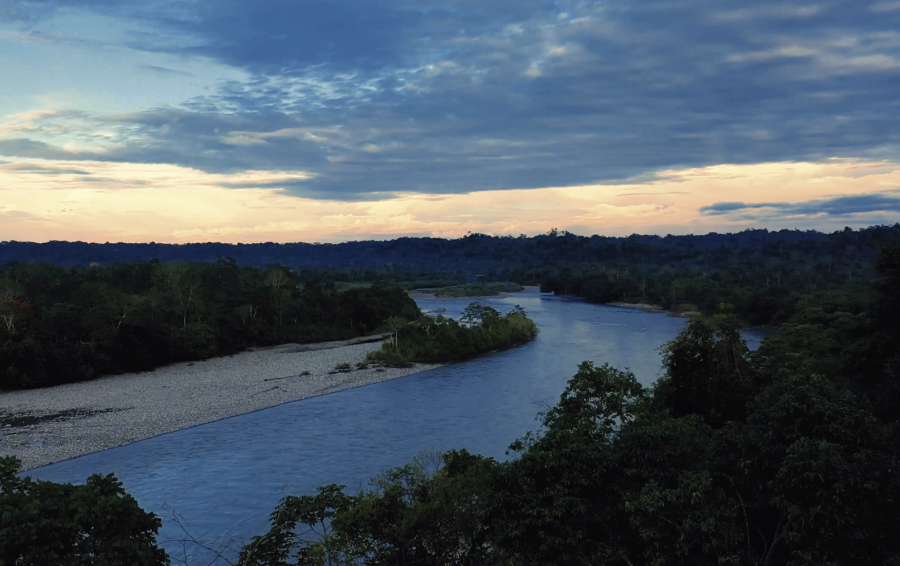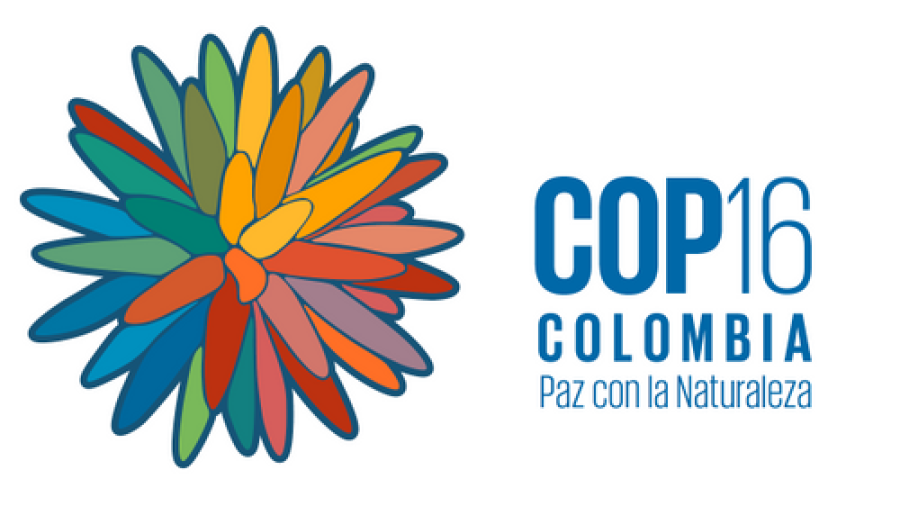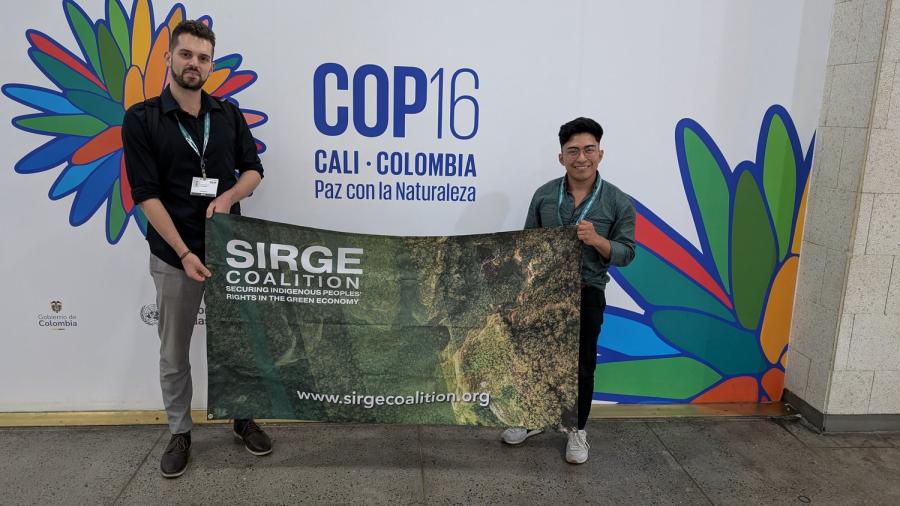
We, as Indigenous Peoples, have faced environmental racism and environmental injustice for decades. In the U.S. alone, there are more than 1,700 Superfund sites on the National Priorities List since 1982, of which as many of 25 percent are on Indigenous lands. The decadeslong effect of industrial pollution has had significant impact on tribal lands, trust resources, and the health and well being of Native communities. Industrial pollution creates multiple stressors in our communities impacting every facet of daily life with long term consequences. The Ponca Nation is one of many tribes dealing with a long history of environmental injustice in the U.S., a similar struggle spanning across many Indigenous Peoples around the world.
In this issue of the CSQ, Mekasi Horinek and Luisbi Portillo speak passionately about the impacts of industry on their people and their homelands. Whether in Ponca, Oklahoma or the Guajira Peninsula in Colombia and Venezuela, we are rightly reminded of the pain and concern regarding our relationship with mother earth and the future of our children. Barbara Rose Johnson and Brooke Takala Abraham tell the devastating story of how Marshall Islanders were kept in the dark about nuclear testing. These stories reflect governments’ failure to respect our worldviews, Indigenous rights, selfdetermination, and Free, Prior and Informed Consent as we continue to suffer disproportionately devastating environmental pollution from gas pipelines, coal mining, fracking, hydroelectric dams and other projects.
Yet, our courageous brothers and sisters and our allies continue to show up on the frontlines, risking their lives to demand justice and gain the world’s attention on the international stage. Jose Gaspar Sanchez from the Council of Indigenous and Popular Organization of Honduras (COPINH) speaks about the organization’s recent advocacy with the Committee on Economic, Social and Cultural Rights. The results of years of advocacy work are milestones like the United Nations Declaration on the Rights of Indigenous Peoples, the recent Organization of the American States (OAS) American Declaration on the Rights of Indigenous Peoples, and the apology by the president of Taiwan, Tsai Ing-wen, for 400 years of abuse to the country’s Indigenous population.
We are proud survivors, and in unity will continue to fight for our self-determination, clean water, clean air, and a sustainable future for the next generations. We are proud of our cultures. Hokule’a’s latest voyage offers an opportunity to showcase Indigenous knowledge and traditional navigation and voyaging skills, and offers hope to so many around the globe. We welcome the launch of a new Communications Caucus at the UN Permanent Forum on Indigenous Issues and the recent Indigenous Languages Caucus (see CSQ 40-2), which reflect both the concerns we hold for these critical issues as well as our advocacy in asserting our rights and demanding of ourselves and others to exercise these rights.
Talented Indigenous Rights Radio producers like Shaldon Ferris and Rosy Gonzalez continue to create quality programs to inform Indigenous communities of their rights and focus on how these rights are being implemented around the world. Thanks to your support, an estimated 10 million Indigenous listeners receive this rights-based radio content annually through our growing alliance of 1,500 Indigenous community radio stations in 76 countries around the globe, in 33 languages, including 26 Indigenous languages. Thank you for your commitment to advance Indigenous rights around the world. Only in unity can change be made.
Suzanne Benally
Executive Director
(Navajo and Santa Clara Tewa)



